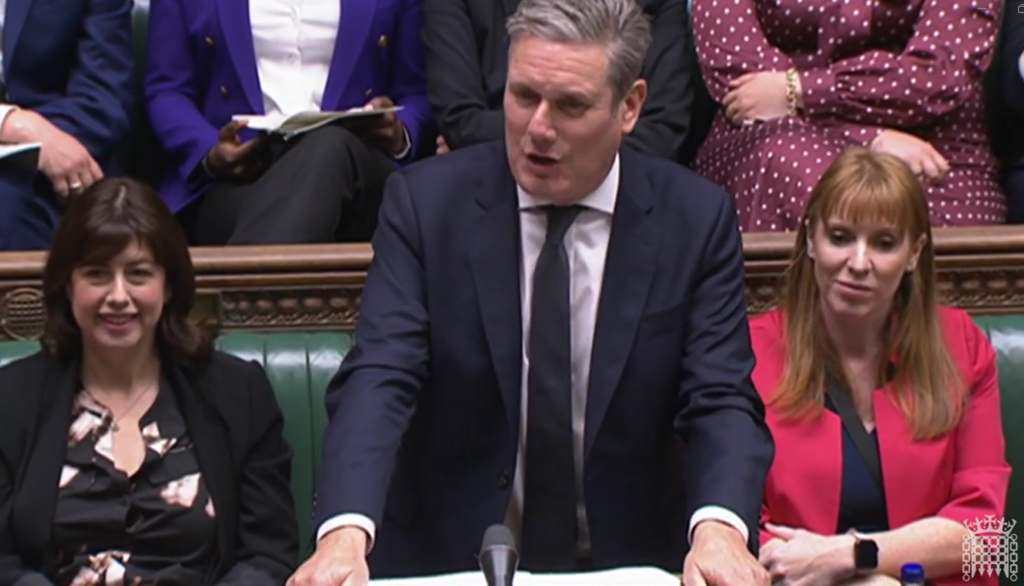Few would have predicted the utter capitulation we have seen from the Conservative Party in the last 12 months, brought on by a host of lockdown scandals and ministerial misbehaving. Sure, many would have foreseen a demise, or a waning of influence amidst a challenging political environment, but the twilight of the Johnson premiership and subsequent Truss/Kwarteng implosion has marked a striking, albeit surprising, fall from grace for the party.
Keir Starmer appears to be a shoo-in for the top job at Downing Street. The polls, at the time of writing, have him at 19 points up. The Red Wall, a region Boris held such natural affinity to, appears unlikely to grant Rishi Sunak such favours in one year’s time. The electoral math, which understandably should be taken with a pinch of salt following the referendum, all indicates Keir Starmer residing at Number 10 for Christmas 2024. For Labour, there is plenty to celebrate. The party is now undeniably electable, with Starmer successfully moving the party closer to centre and stemming the tide of in-fighting that plagued his baggage-ridden predecessor.
Nevertheless, he now faces a far more different challenge, one of establishing himself as the person to lead the country. At some point, Starmer must be more than the candidate that is merely ‘not Johnson,’ or ‘not Corbyn.’ Seemingly, with every day, one of his policies is laid by the wayside, justified with language that references the harsh realities the UK faces, rhetoric of pragmatism and fiscal responsibility. Of course, the country occupies a tricky economic position, but reversals on tuition fees, green investment, and House of Lords reform mean voters struggle to answer what Starmer does stand for rather than what he doesn’t. This recent opposition to Sadiq Khan’s ULEZ scheme is one such example, the Labour leader blaming the mayor for the Uxbridge by-election defeat.
Fundamentally, despite the urgency of issues facing the electorate, Starmer is yet to carve out any substantial policy identity.
“Just 46% of voters say they are ‘very’ or ‘fairly’ familiar with what Starmer and Labour stand for, while over a quarter (26%) say they are ‘not at all’ familiar with what the party’s policies and beliefs are. Among likely Labour voters at the next election, a mere 18% say they are ‘very’ familiar with what the party under Starmer’s leadership stands for, while 11% say they are ‘not at all’ familiar” (Redfield and Wilton).
Keir Starmer has, quite convincingly, established that the Labour Party is a viable option for your vote next year. Unfortunately, the bar for such verdicts is at historically low levels following the United Kingdom’s fall from the international stage over the past decade. What he has not done, however, is convince anyone of his vision or of himself. With squeezing budgets, international recession, and residual COVID/Brexit problems looming, sheer logistics are a factor. Nevertheless, this sustained roll-back of policy initiatives and refusal to establish a concrete identity leaves an opening for the Conservatives to exploit, a party the electorate understands crystal clear. Thus, at Labour HQ, significant work is required to reframe the narrative that rightfully lead many to view him as unconvincing, bland, and meek.
You want to see people inspired and excited to turn up on polling day, not begrudgingly using their vote to keep someone else out of Downing Street. I fear the latter best represents the current environment.



